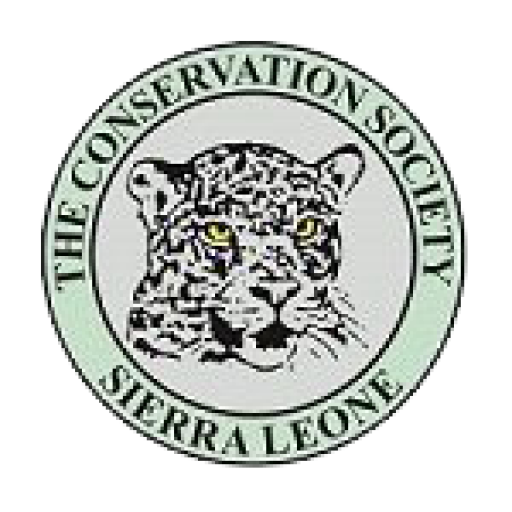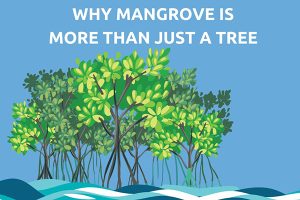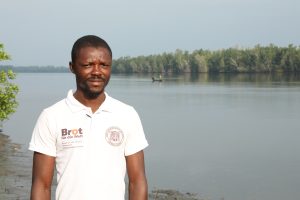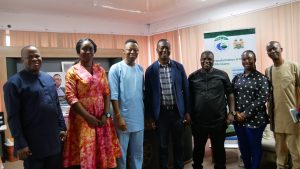“CSSL regards the media as a trusted tool to create public awareness to reduce the negative impacts of oil spills on the environment”, Charles Showers, Hon President, CSSL’s Board of Trustees.
Sierra Leone continues to face serious threats from the consequences of the activities of improperly regulated oil and gas business. Such threats relate to risks associated with human health, plants, animals and the marine environment from trawlers, jetties, seaports, and oil tankers. Pollution of oil products has tremendous impacts on marine life including species such as fish, seaweeds, coral reefs, crustaceans, etc. Limiting oxygen availability from floating oil, smearing of species by oil products could lead to changes in appearance or disfiguration, or even death. Species ingestion of oil and gas could also lead to death. Such substances are likely to be transferred to humans leading to severe health complications. Gas spills generally have the potential for gas flares, the fires which are detrimental to all forms of life in the marine environment (including coastlines) as well as terrestrial environment. Fires will further raise the risks of disaster when they come in contact with already existing oil spills.
The country has registered a number of incidences of oil and gas pollution that led to massive loss of life and property, including the most recent explosion of a fuel tanker at a crowded area in Wellington – Freetown on 5th November, 2021, that caused hundreds of fatalities, injuries and destruction of millions of properties.
Experiences from oil producing countries have indicated that insufficient knowledge about oil spill management before exploitation and production will result in untold consequences on the marine environment and the lives of citizens, especially those around coastal communities. It is against this backdrop that the Conservation Society of Sierra Leone (CSSL) has been working collaboratively with coastal communities, state and non-state actors across the country to raise public awareness on the impacts of oil spills.
Cognizant of the pivotal role of the media in educating the public on crucial national issues including understanding the hazards of oil spills and associated consequences, CSSL sought support from the MAVA Foundation through PRCM and organised a sensitization engagement for media representatives drawn from across the country. The activity was held on 15th September, 2023 in Freetown, and was led by experts who took participants through the key issues, including hazards, effects, mitigation measures and early warning signs, effective communication, among others.
At the end of the engagement, media representatives registered strong commitment to support CSSL and government in disseminating simplified information through their respective daily media publications and programs to help in reducing the hazards of oil and gas pollution on the environment. “I really appreciate this knowledge from CSSL. I will engage with colleagues for us to dedicate a column on our newspapers for oil and gas issues…”, promised Saidu Dumbuya, Senior Writer, Exclusive Newspaper.



